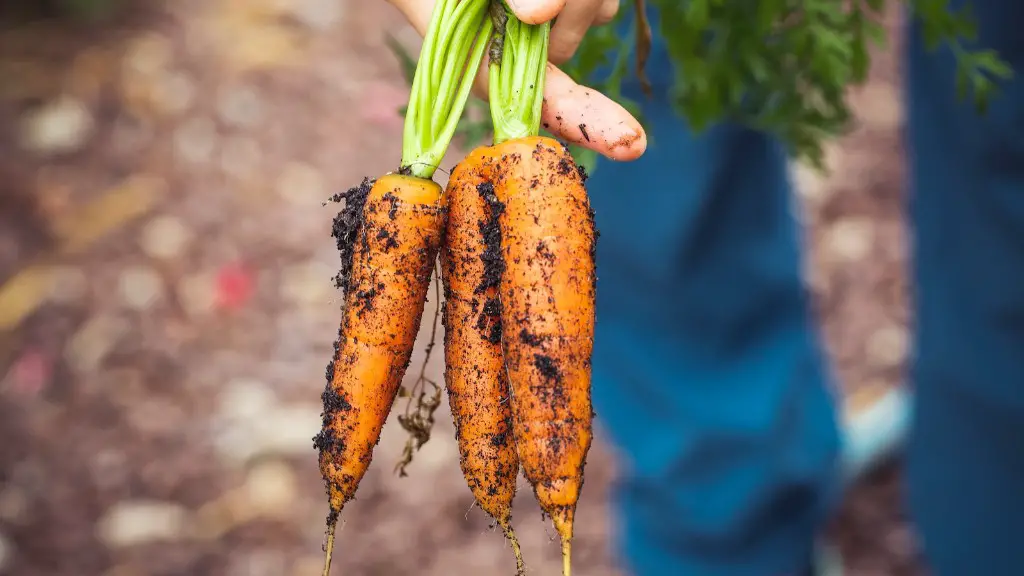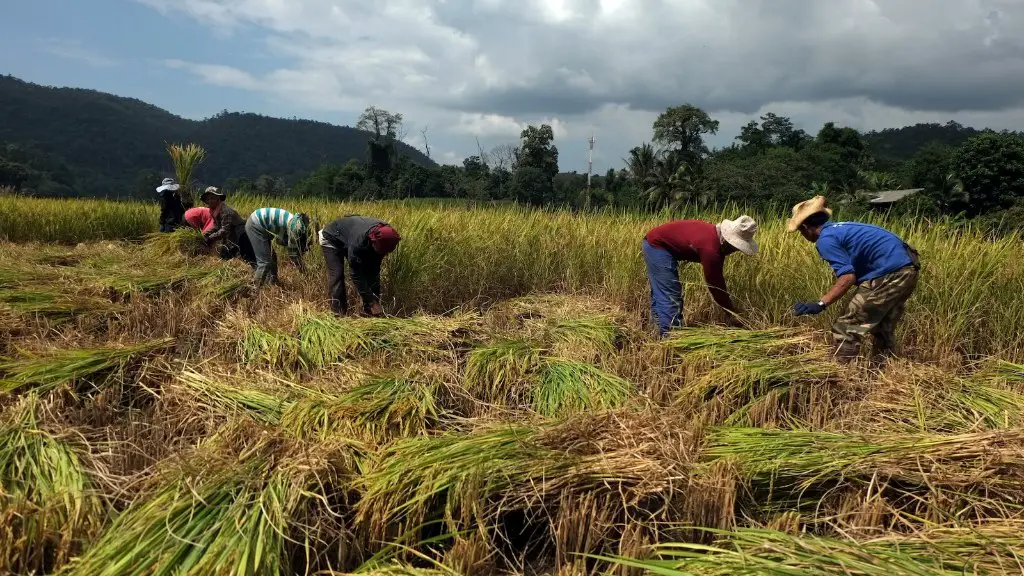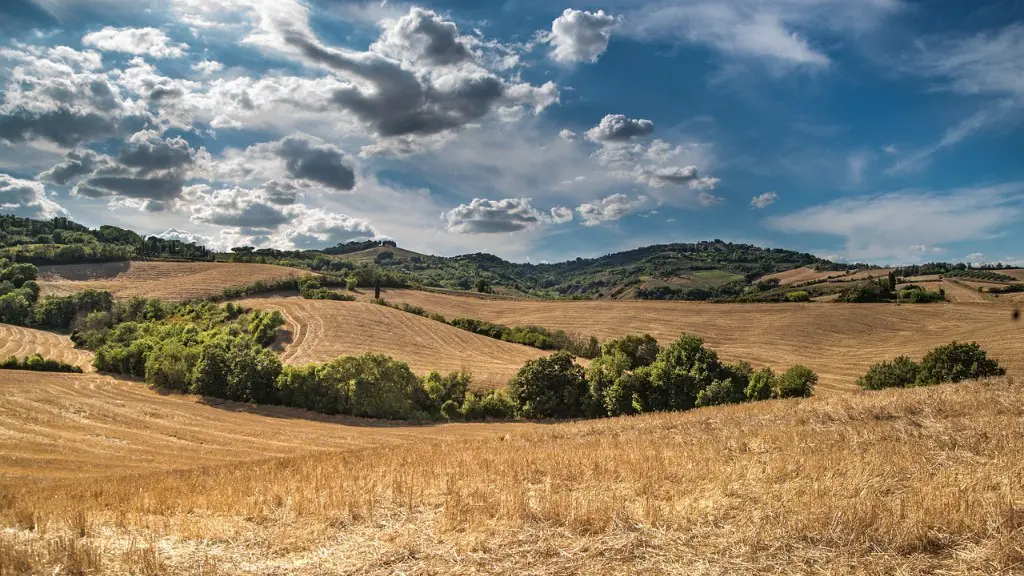Coca-Cola was first introduced to the world in 1886, and it quickly became a popular beverage choice. The company that produces Coca-Cola, The Coca-Cola Company, is headquartered in Atlanta, Georgia, and it operates in over 200 countries. The company’s product lineup includes more than 3,500 beverage choices. The most popular of these is Coca-Cola, which is estimated to be consumed by 1.9 billion people globally every day.
While it is most often thought of as a carbonated soft drink, the beverage’s recipe actually includes extract of the coca leaf. This gives Coca-Cola its unique flavor, but it also means that the drink has a small amount of cocaine in it. In fact, when Coca-Cola was first introduced, it was advertised as a “temperance drink” because it was thought to counteract the effects of alcohol.
Coca-Cola’s impact on society has been both positive and negative. On the positive side, the company has been a strong supporter of social causes such as education, literacy, and the arts. The Coca-Cola Company has also been a major employer, providing jobs for millions of people around the world.
On the
CocaCola has impacted agriculture by increasing the demand for sugarcane. This crop is now grown in more than 100 countries. The company has also invested in research to improve yields and address agricultural challenges such as water shortages.
Coca-Cola’s bottles and cans are made from aluminum and steel, which are both major commodities produced by the mining and metals industries. The company’s manufacturing plants also require a range of agricultural products, such as corn, to produce sweeteners and other ingredients.
Coca-Cola’s business operations have also positively impacted society by creating jobs and supporting local economies. In addition, the company’s charitable foundation has awarded millions of dollars in grants to support education, health, and environmental programs around the world.
What impact did Coca-Cola have on society?
Since 2010, our programs have helped over 185 million people gain access to safe drinking water, sanitation and hygiene. This has had a positive impact on health and development, and we will continue to work to improve access and promote good hygiene habits. Thank you for your support!
Agricultural raw materials are an important part of our business. We source a wide range of ingredients from sugarcane, sugar beet, corn, fruits, coffee, tea and soybeans from complex global supply chains and an expanding range of new ingredients like nuts, herbs and dairy. This allows us to offer a variety of products to our customers and meet their needs. We are committed to sourcing ingredients responsibly and working with our suppliers to ensure that they meet our high standards.
How does Coca-Cola contribute to the economy
We are proud to be a company that stimulates job creation across our value chain. We contribute to the economic development of local communities by employing local people, paying taxes to governments, purchasing goods, services and capital equipment from suppliers, and supporting social development programs. We believe that by investing in local communities, we are not only creating a better future for those communities, but also a better future for our company.
Coca-Cola has a long history of sustainability efforts, dating back to 1917. Our efforts have covered a wide range of topics, including water sustainability, women empowerment, community well-being, sustainable packaging, climate protection, human and workplace rights, and sustainable agriculture. We are committed to continue these efforts in order to create a better world for current and future generations.
Why is Coca-Cola important to history?
May 8, 1886 was a historic day for Coca-Cola. Dr John Stith Pemberton sold the first glass of Coca-Cola, which would go on to become one of the most popular and recognizable brands in the world. For many, Coca-Cola symbolizes the growth of American business and international expansion. The drink has come to be known as a symbol of American culture, and its popularity has only grown in the years since its inception.
The coal industry was a major foundation for American industrialization in the nineteenth century. As a fuel source, coal provided a cheap and efficient source of power for steam engines, furnaces, and forges across the United States. The coal industry was a major source of employment and economic stability for many communities across the country. However, the coal industry has also been a major source of environmental pollution and has had a negative impact on public health. The coal industry has undergone a major transformation in recent years, and it is important to understand both the history of the industry and the current state of the industry in order to make informed decisions about its future.
Why is Coke good for plants?
The study found that adding activated coke to soil can improve its fertility by increasing the content of water-soluble soil aggregates, reducing soil salt content, and lowering soil pH and electrical conductivity.
As the human population continues to grow, so does the demand for food. This puts a strain on the environment, as farmers attempt to meet the demand while conserving resources. However, by adopting sustainable practices, farmers can reduce their reliance on nonrenewable energy, reduce chemical use and save scarce resources. In doing so, they will help to keep the land healthy and replenished for future generations.
What are the principles of sustainable agriculture coke
A sustainable agricultural system is one that meets the needs of the present generation without compromising the ability of future generations to meet their own needs. It is a system that is attentive to the carrying capacity of the environment and the need for conservation of finite resources. A sustainable agricultural system also respects the rights of workers and the need for animal welfare. It is a system that strives to create thriving communities.
The Coca-Cola Company’s rapid expansion around the world is largely due to its highly effective franchise distribution system, known as the Coca-Cola System. Under this system, the company produces syrup concentrate, which is then sold to authorized bottlers around the world. These bottlers then produce the finished product using Coca-Cola’s recipes and standards, and distribute it to retail outlets. This system has proven to be extremely successful, allowing Coca-Cola to build a strong global brand while maintaining control over its products and standards.
Coca-Cola is committed to annually donating 1% of its operating income, a commitment made through the foundation and company contributions. The Coca-Cola Foundation has three major priorities: Women: economic empowerment and entrepreneurship. Water: access to clean water, water conservation and recycling.
Coca-Cola uses Big Data to manage a large amount of data that includes sourcing, production, distribution, sales, and customer feedback. Over the years, Coca-Cola has embraced Big Data to drive its business strategies. Big Data has helped Coca-Cola to improve its operations, understand its customers better, and drive its marketing campaigns.
How did Coca-Cola spread from us to the rest of the world
Woodruff’s expansion of the company made Coca-Cola a global phenomenon, and one of the most recognizable brands in the world. Today, Coca-Cola is enjoyed by people in over 200 countries, and the company continues to strive to bring their products to even more people around the globe. Thanks to Ernest and Robert Woodruff’s vision, Coca-Cola is truly a global brand.
Coca Cola became involved in global development issues because it saw a win-win situation for the company. By helping developing countries, Coca Cola was gaining critical brand loyalty in what may be important markets in the future. The company has been involved in a variety of global development initiatives, including providing clean water to communities in need and working to combat poverty and hunger.
How has Coca-Cola benefited from globalization?
In the early 1900s, Coca-Cola started to globalize by building bottling plants in Cuba and Panama. The US military was present in these regions at the time, which caused a demand for Coca-Cola. These plants were successful in reducing shipping and delivery costs in these regions.
You might be surprised to learn that the recipe for Coca-Cola is not as secret as you might think. Early Coca-Cola actually didn’t contain much cocaine – the first Coke was made with red wine mixed with cocaine. The name Coca-Cola comes from the coca plant and the kola nut. Coca-Cola’s success is down to Asa Griggs Candler, who was a key figure in the development and marketing of the drink. Coca-Cola was once given out for free – this was a key factor in its early success.
Conclusion
Coca-Cola has had a profound impact on both agriculture and society. The company has been a major force in the development of the modern industrial food system, as well as a powerful influence on popular culture.
Coca-Cola was founded in 1886, and quickly became a popular soft drink. The company’s success was largely due to its innovative marketing campaigns, which included the use of celebrity endorsements and attractive packaging. Coca-Cola’s success also spurred the development of a range of new products, including diet sodas and fruit-flavored drinks.
The company’s impact on agriculture has been significant. Coca-Cola is a major user of sugar, and the demand for this commodity has helped to drive up prices and encourage the expansion of sugar cane production. The company has also been a major force in the development of the global packaging industry, as its bottles and cans are used to package a wide range of products.
Coca-Cola’s influence on society has been just as profound. The company’s products are consumed by people all over the world, and its iconic branding has been used to sell a wide range of products, from clothes to cars. Coca-Cola has also been a major sponsor of sporting events, such as the Olympic Games
Coca cola has impacted agriculture by providing a market for growers of the coca plant. The company has also been a major player in advocating for sustainable agriculture practices. In addition, coca cola has had a positive impact on society by creating jobs, supporting economic development, and reducing poverty.





